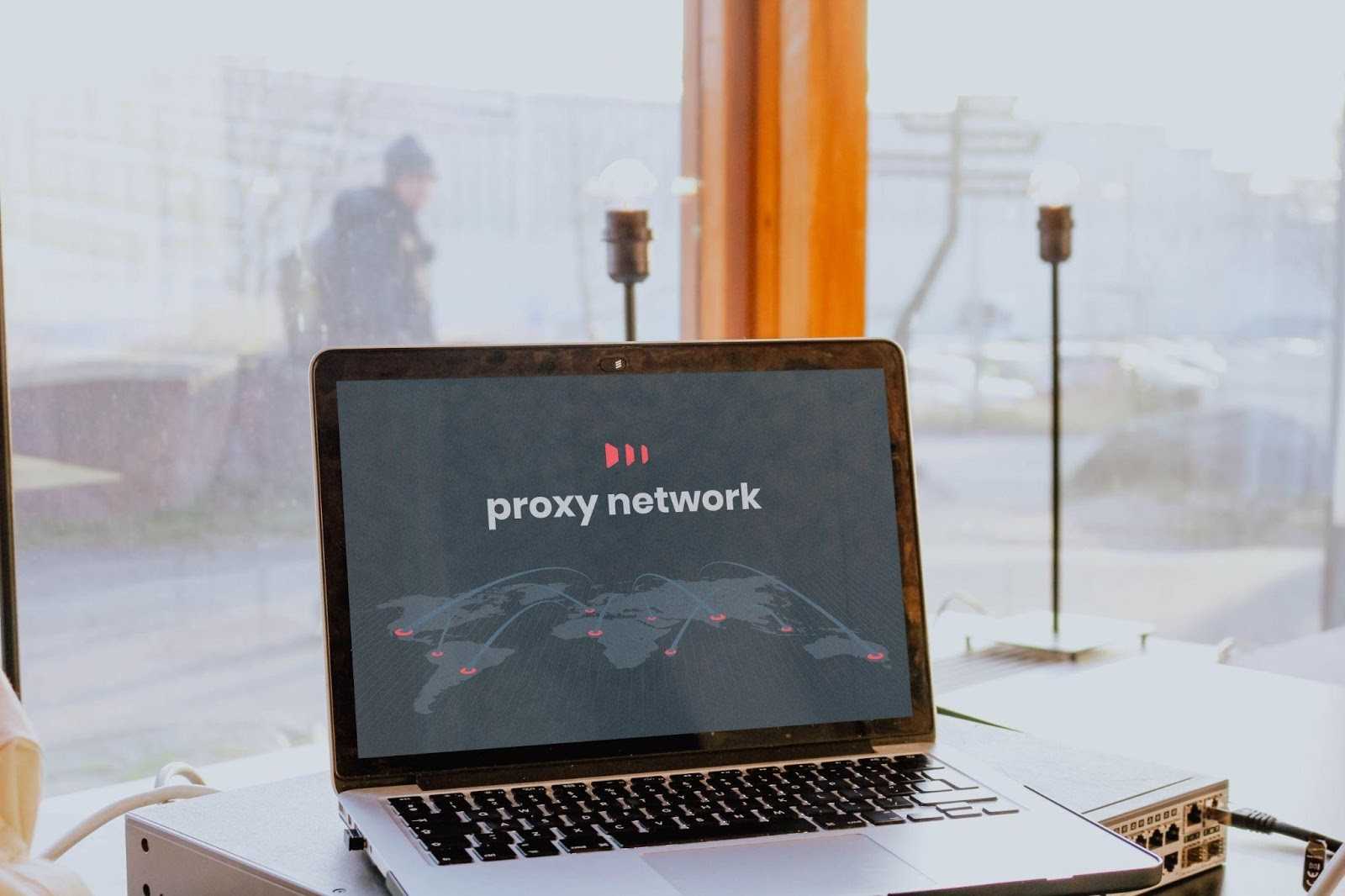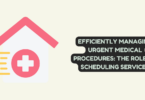
proxy network
First off, let’s examine exactly what a proxy server is and why an individual or small business might wish to use one.
A residential proxy or data center proxy is an intermediary server that acts as a middleman between your device, via your domestic or office router, and any websites that you might wish to visit. If you don’t run a proxy server, dependent on whether you use a business or residential contract with your Internet Service Provider (ISP), the way you connect to the internet goes something like this:
Why use a proxy server?
Your device, say a MacBook or iPad, connects either wirelessly or via a local area network (LAN) cable, to the router that sits in your office or home. That router in turn connects to your ISP, which enables your connection with the target website or service you’re looking to access. So far so good. The potential problems now start to unfold, because this connection method means, amongst many other things:
- That your ISP knows and logs every search engine query and every website or online service you visited for how long, exactly when you visited and where from.
- Those ISPs can keep copies of these logs and sell the anonymized information to the highest bidder, they make money from this process, as Big Data is the new Digital Gold to advertisers and marketers, who will pay handsomely for it.
- If you are a member of a political party or some sort of civil rights action group, it’s quite possible that police or governmental agencies will be monitoring the communications and websites visited by people within such groups. Your ISP is powerless to stop this monitoring, as under privacy laws of almost every government in the world, police are allowed to access your internet traffic if they deem it necessary for ‘national security’ purposes.
- On a more mundane level, another drawback of having your IP address identifiable means that you can’t access geo-restricted content. For example, some online gambling websites can’t be accessed from certain states in the US where online gambling is illegal. Likewise, if you want to access Netflix from Europe, you’ll see a completely different menu of availability of content; but a proxy server chosen from a list of locations can make you appear to be anywhere in the world. For example, if you wanted to stream British TV dramas or movies from the BBC’s flagship iPlayer platform, you’d need a proxy based in the United Kingdom.
However, if you use a proxy server – usually supplied in conjunction with a Virtual Private Network (VPN), your online activity can’t be traced or monitored, nor identified as you, because the proxy server will be encrypted and accessed anonymously. Neither your ISP nor anyone else (except your VPN or proxy server provider) can identify you. But in any case, many VPNs do not keep activity logs, so even if questioned by the authorities, they would be unable to provide any details on your web activity, whether you’ve been on WhatsApp or the weather forecast!
So if a proxy server exists to hide a person’s internet activity and identity, why are some proxies called ‘residential’ and some known as ‘data center’ or business servers? In short, residential proxies are servers that are allied to residential areas (not specific geographical or postal addresses), but when they are detected by certain website analytics software, they appear to be simply Joe Public accessing the target website from a residential suburban address somewhere, as opposed to a business that is using a server from a data center. Data center servers tend to be faster and can handle more traffic, but they are easily identifiable by their IP addresses as commercial entities.
Why would a business not want to be seen as a business?
Some businesses don’t want to be identified as businesses whilst they use the internet for a variety of reasons. In particular, businesses that tend to advertise on sites like TikTok, such as games providers, clothes retailers and B2C (business to customer) enterprises often wish to gather data about their competitors’ prices and offerings. They often do this by a process called ‘web scraping’, which is questionably legal in some cases.
Web scraping involves the use of software that collects data in bulk from websites, such as pricing information, stock availability, delivery costs and all manner of business intelligence. Even though all that information is publicly available via the website in question, many of those sites have privacy clauses and terms of use agreements that specifically ban web scraping tools from being used to gather their data.
Some businesses use residential proxies to avoid this level of web scraping detection, because most detectors block scraping ‘bots’, which usually emanate from data centers or commercial servers.
Testing dynamic pricing and SEO
But web scraping is only one part of the magic that proxy servers can provide. Many businesses use social media to advertise their wares, from apps to clothes, phones to drinks and everything else in between. Very often, these companies might want to regionalize their advertising and / or add the facility of dynamic pricing into their offerings.
Dynamic pricing is where a product or service can be offered at a different price dependent upon when or where the buyer is present. For example, hotel room prices always increase if there is a particular local event going on; if it’s graduation weekend in a University town, hotel rooms become sparser, hence raised rates. But hotel chains might only want people to pay these prices if searching from or in a particular region. If the hotel chain uses residential proxies based in the target areas concerned, it can test its dynamic pricing offerings and search engine optimization (SEO) efforts from that area without having to move from their office chairs.
Avoiding IP restrictions
When advertising widely on social media, companies often trigger limitations on the number and frequency of adverts they can display from a single IP address. By using a residential proxy, companies can rotate IP addresses, making it more difficult for security platforms to detect and restrict their activities. This can help to gain further advertising reach on a daily basis.
Also, when accessing social media platforms through different IP addresses, companies can view adverts as they appear to users in various locations, gaining insights into their competitors’ marketing segmentation and activities.
In summary, if a company wants to be truly in control of their social media presence and outreach, they must go beyond simple regular posting and static advertising. Using residential proxies helps significantly with geographic differentiation, dynamic pricing and keeping an eagle eye on competitor intelligence.






